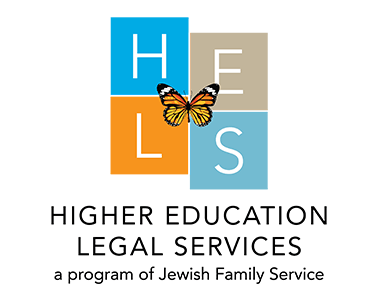
Higher Education Legal Services (HELS) provides free immigration legal services to students, staff, and faculty at San Diego and Imperial County Community and State colleges. See eligibility information below.
The Higher Education Legal Services (HELS) program provides trusted, accessible, and high-quality immigration legal services to college communities within the California border regions, directly on campus. HELS also empowers immigrants through education and by building lasting relationships that recognize their dignity, complexity, intersectionality, and hopes and dreams.
Popups disabled?
Schedule an intake appointment here.
Call (858) 637-3345
Email [email protected]
Find Know Your Rights, Family Preparedness, and support resources.
HELS provides services to students, staff and faculty of all California State Universities and California Community Colleges in the San Diego and Imperial Valley regions. Campuses are listed below.
Dual enrollment high school students and students taking classes in adult education through one of these community college systems are also eligible.
At the California State University campuses San Diego State University and Cal State San Marcos immediate relatives of students, staff and faculty (spouse, parents, children, and siblings) are also eligible for services through HELS. Students continue to be able to receive HELS services for two years after graduation.
All information submitted is confidential and will not be shared with government or other agencies.
For more information about the HELS program, call (858) 637-3345 or email [email protected].